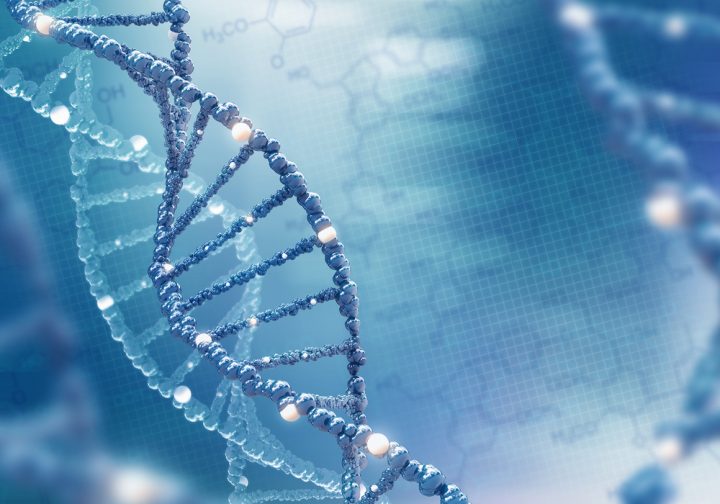ProMIS Creating Intrabodies, Antibodies Targeting Protein Clumps Within Cells

Courtesy Shutterstock
ProMIS Neurosciences announced its program for amyotrophic lateral sclerosis (ALS) is advancing, and scientists were able to generate a specific type of antibody against toxic TDP-43 protein clumps — a hallmark of this disease — that continuously damage nerve cells.
These antibodies, called intrabodies because they are antibodies that work inside a cell, showed a potential in early studies to promote degradation of toxic TDP-43 aggregates while preserving normal forms of this essential protein.
As opposed to conventional antibodies that are delivered to patients via an injection into a vein, intrabodies are given through gene therapy vectors that carry their genetic sequence, allowing affected cells to produce intrabodies that are their own therapy.
The development of intrabodies targeting toxic forms of the TDP-43 protein follows the generation of conventional antibodies with that same function. Both forms of therapy target the TDP-43 protein that accumulates in clumps inside nerve cells, while leaving normal TDP-43 proteins unharmed.
ProMIS believes both can be used to treat ALS, frontotemporal dementia (FTD), and other neurodegenerative disorders in which TDP-43 clumps have been implicated.
“The results obtained with ProMIS’ TDP-43 intrabodies show — once again— the strength and versatility of our drug discovery and development platform, which identifies novel binding targets on complex protein structures and allows us to create antibody and now intrabody candidates that target those specific sites,” Neil Cashman, MD, ProMIS Neurosciences’ co-founder and chief science officer, said in a press release.
As a result of certain genetic mutations in ALS and FDT patients, the structure of TDP-43 — a protein that normally stabilizes RNA molecules — is commonly altered, leading to TDP-43 clumping inside nerve cells.
These clumps are able to spread from one nerve cell to another, causing progressive loss of nerve cell function and eventually killing the cells.
Since the abnormal, or misfolded, TDP-43 protein has a different structure from the normal protein, ProMIS used its computational discovery platforms to identify regions specific to toxic protein structure.
The company developed a family of antibodies that target a region of the neurotoxic TDP-43 protein that participates in the spreading of toxic aggregates. This region is not accessible in the normal protein, meaning its duties within cells – TDP-43 is essential for cell function — are not affected.
After showing that the antibodies worked as expected in brain tissue samples from FTD patients, company scientists are now advancing the development of intrabodies with similar attributes, targeting TDP-43 at the exact same region.
Early data suggests that delivering these intrabodies via gene therapy vectors can induce the degradation of toxic TDP-43 aggregates, while preserving normal forms of the protein. This is a promising first step in the development of a potentially safe and effective treatment for diseases in which TDP-43 plays an important role, the company said.
“We can apply our platform to the biology of any misfolded protein to develop antibody and intrabody candidates that are highly selective for only toxic species so as to preserve normal protein function,” said Cashman.
In addition to approaches that target TDP-43 directly, ProMIS is advancing therapies for ALS and other neurodegenerative diseases that prevent the build up of toxic protein clumps through distinct mechanisms.
This is the case of antagonists against the RACK1 protein, a scaffolding protein believed to participate in the formation of TDP-43 aggregates, and in some of the damaging mechanisms through which TDP-43 affects cell function. RACK1 also appears to interact with FUS, another protein involved in ALS.
“The development of novel antagonists against RACK1 demonstrates the versatility of our proprietary drug discovery and development platform,” Elliot Goldstein, ProMIS’ CEO, said in another press release.






